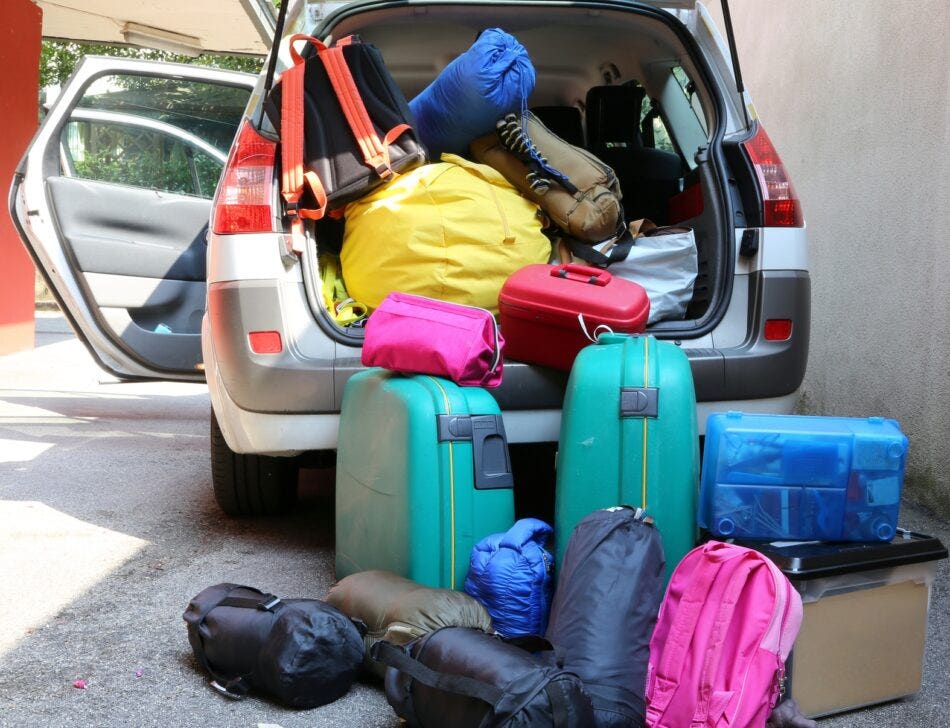Whether it’s a break from the cold Canadian winter or your regular three-day weekend up at the cottage, taking a vacation is one of the best things. Your bags are packed and the doors are locked and off you go! But did you know going on vacation affects your home insurance?
Your home insurance requires someone to check in on your home every 48 hours in order to maintain full coverage. They may also request your water to be turned off if you’re travelling during the winter if no one is staying in your house full-time. Why? When you’re away on vacation, your home is more susceptible to any damage being left unnoticed, making the situation worse. Your home may also be more likely to be a target of theft. They may request your water to be turned off as water damage is particularly common in the winter in an empty home – and the damage can be extensive and made worse if left.
The easiest and most practical way to meet your home insurance policy obligations is to get a trusted friend or family member to check on your home every day or every other day. They should do a walkthrough of your home (including the basement) to check for any issues and note their visit in a logbook. They can pick up any mail or packages left at your door, too. You should also ensure your heating is maintained to keep your pipes from bursting – or you can shut off your water when you leave.
If you’re going away for an extended amount of time (more than a month), you may want to arrange for a house sitter or for your trusted friend or family member to take care of home maintenance.
If your home is going to be left vacant because you’re living full-time or part-time elsewhere, you should contact your insurance company or broker to discuss the situation. Most insurers require speciality home insurance for homes left vacant for a certain number of days.
The consequence of not taking these actions is the potential for a claim to be denied. This is because you would fail to inform your insurance company or take appropriate action as outlined in your policy documents.
Here’s an example:
You’ve gone for a two-week vacation in Mexico in December. While you’re away, a snowstorm hits and knocks out the power and therefore, your heating. Unfortunately, it’s very cold and one of your pipes freezes and bursts. If you have someone checking on your home, they’ll be able to notice the damage pretty quickly and take action. If no one is stopping by, you wouldn’t find the damage until you are home from vacation. At that point, the damage to your home would be significantly worse. This increases the cost of the claim when it was avoidable.
Talk to your broker for more information on what’s required when it comes to notifying your insurer and having someone check on your home while you’re on vacation.

